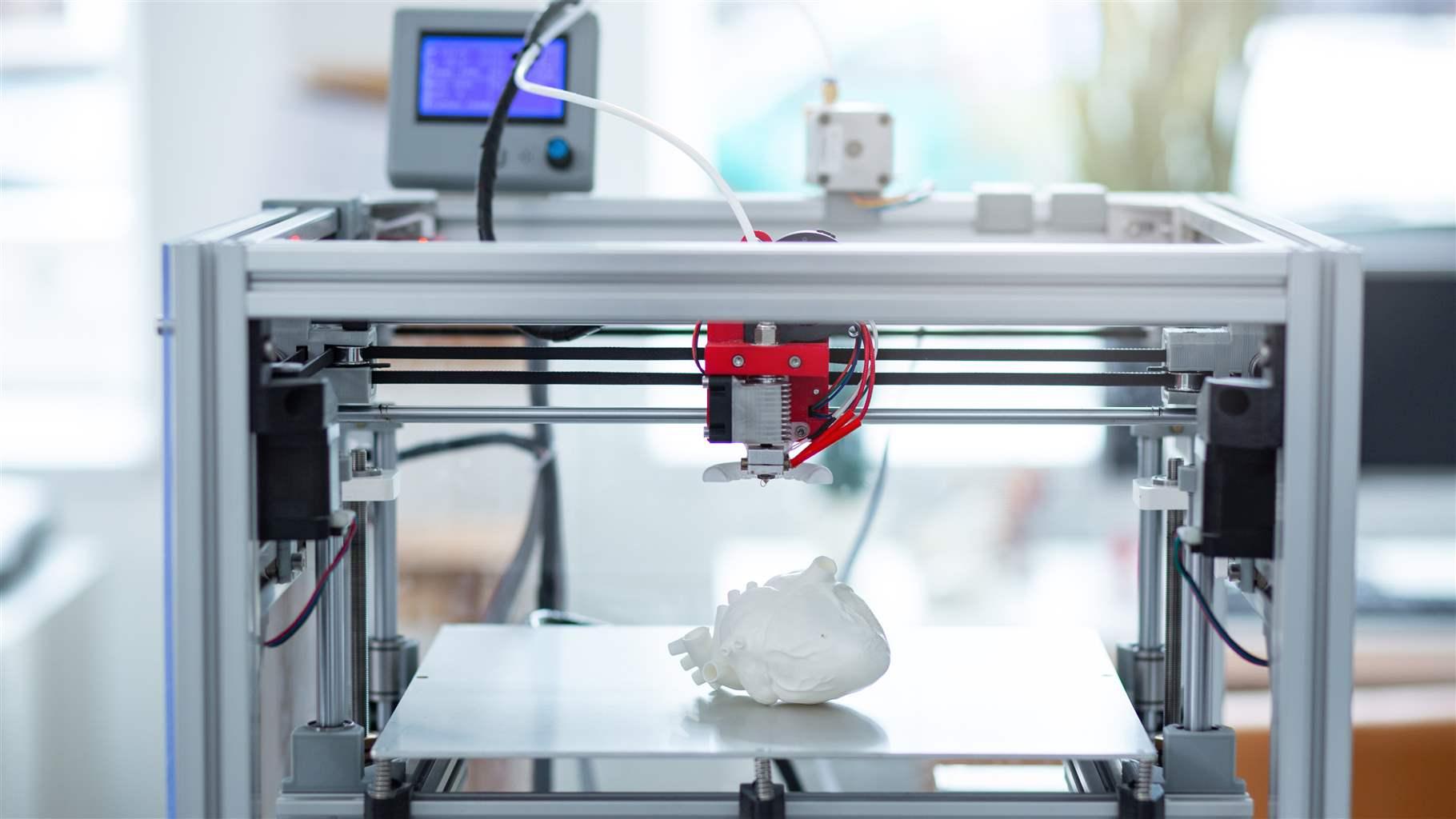The healthcare industry has long been at the forefront of technological innovation, constantly seeking new ways to improve patient outcomes and revolutionize medical practices. One of the most transformative technologies to emerge in recent years is 3D printing, which is rapidly reshaping the landscape of healthcare delivery.
3D printing, also known as additive manufacturing, is a process that creates three-dimensional objects by building them up layer by layer using digital files as a blueprint. This versatile technology has found numerous applications in the medical field, from the production of customized prosthetics and implants to the creation of anatomical models for surgical planning and training.
One of the companies leading the charge in the 3D printing revolution is Stratasys.com. As a global leader in additive manufacturing solutions, Stratasys has been at the forefront of developing innovative technologies that are revolutionizing the healthcare industry.
One of the most significant ways that 3D printing is transforming healthcare is in the realm of personalized medicine. By using 3D printing to create customized medical devices and implants, healthcare providers can better meet the unique needs of individual patients. This has led to significant improvements in the fit, comfort, and performance of these devices, ultimately resulting in better patient outcomes.
For example, 3D printing has been used to create customized prosthetic limbs that are tailored to the exact contours of a patient’s body. This not only improves the comfort and functionality of the prosthetic but also reduces the time and cost associated with the traditional manufacturing process.
In addition to personalized medical devices, 3D printing has also revolutionized the field of surgical planning and training. By creating accurate, patient-specific models of anatomical structures, healthcare providers can better visualize and plan complex surgical procedures, reducing the risks and improving patient outcomes.
Stratasys.com has played a significant role in this area, providing healthcare providers with advanced 3D printing solutions that allow for the creation of highly detailed anatomical models. These models can be used for everything from pre-operative planning to surgical training, helping to improve the skills and confidence of healthcare professionals.
Another area where 3D printing is making a significant impact in the healthcare industry is in the production of medical supplies and equipment. By leveraging the speed and flexibility of additive manufacturing, healthcare providers can quickly and cost-effectively produce a wide range of medical devices, from surgical tools to personal protective equipment (PPE).
During the COVID-19 pandemic, for example, many healthcare facilities turned to 3D printing to address shortages of critical medical supplies, such as face shields and ventilator parts.
Looking to the future, the potential of 3D printing in healthcare is only beginning to be realized. Researchers and healthcare professionals are exploring new applications for this technology, from the creation of personalized pharmaceutical products to the development of living tissue and organs for transplantation.
As these advancements continue to unfold, it’s clear that 3D printing will play an increasingly vital role in shaping the future of healthcare. 3D printing ompanies will be at the forefront of this revolution, providing the tools and expertise needed to help healthcare providers deliver better, more personalized care to their patients.
In conclusion, the impact of 3D printing on the healthcare industry cannot be overstated. By enabling the production of customized medical devices, improving surgical planning and training, and facilitating the rapid creation of critical medical supplies, this transformative technology is revolutionizing the way healthcare is delivered around the world. As the industry continues to embrace the power of 3D printing, we can expect to see even more remarkable advancements in the years to come.
